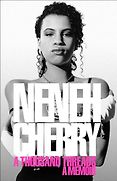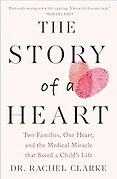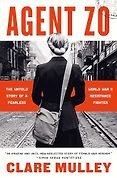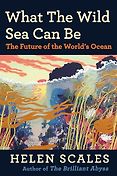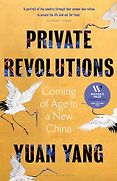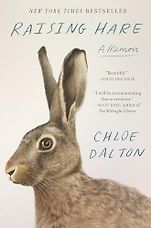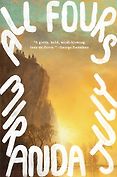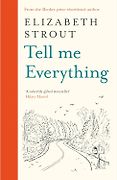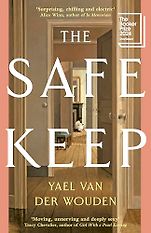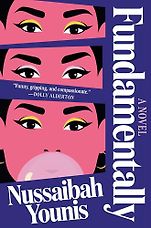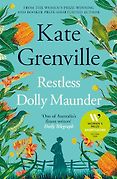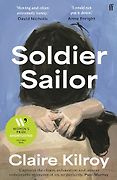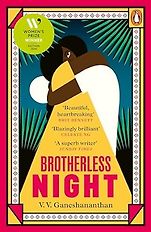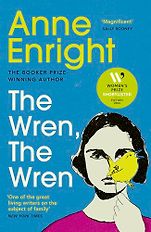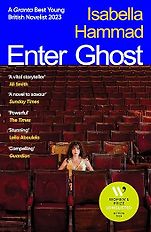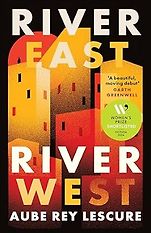The Women's Prize
Last updated: June 13, 2025
-

1
A Thousand Threads: A Memoir
by Neneh Cherry -

2
The Story of a Heart
by Rachel Clarke -

3
Raising Hare
by Chloe Dalton -

4
Agent Zo: The Untold Story of a Fearless World War II Resistance Fighter
by Clare Mulley -

5
What the Wild Sea Can Be: The Future of the World’s Ocean
by Helen Scales -

6
Private Revolutions: Coming of Age in a New China
by Yuan Yang
The Best Nonfiction Books: The 2025 Women’s Prize for Nonfiction, recommended by Kavita Puri
The Best Nonfiction Books: The 2025 Women’s Prize for Nonfiction, recommended by Kavita Puri
Now in its second year, the Women’s Prize for Nonfiction aims to highlight the very best new nonfiction books written by women. We asked Kavita Puri, the journalist and chair of this year’s judging panel, to talk us through the shortlist: from a gentle lockdown animal memoir to a thrilling true story of a WW2 secret agent.
The Best Novels: The 2025 Women’s Prize for Fiction, recommended by Kit de Waal
The 2025 shortlist for the Women’s Prize for Fiction features a family saga about formerly rich Iranian refugees, a surprisingly funny tale of ISIS brides and a “weird” midlife crisis adventure in suburban California. We asked the bestselling novelist—chair of this year’s judging panel—to talk us through the six finalists.
Recent Fiction Highlights: The 2024 Women’s Prize Shortlist, recommended by Monica Ali
Each summer, the judges for the Women’s Prize for Fiction highlight the best new fiction books by female writers published over the previous twelve months. We asked Monica Ali, the acclaimed novelist and chair of this year’s jury, to talk us through the six novels that made the 2024 shortlist. See all our best novels of 2024 recommendations
